Usually the most valuable conversations are the most difficult ones. When Cindy Pierce visited Proctor Academy’s campus Tuesday, an anticipation of discomfort and curiosity preceded her separate conversations with students and faculty, which meant we knew this meant it would be time well spent! As Pierce noted at the beginning of her conversation, “In order to get to the other side of awkward, you have to wade through awkward soup.”
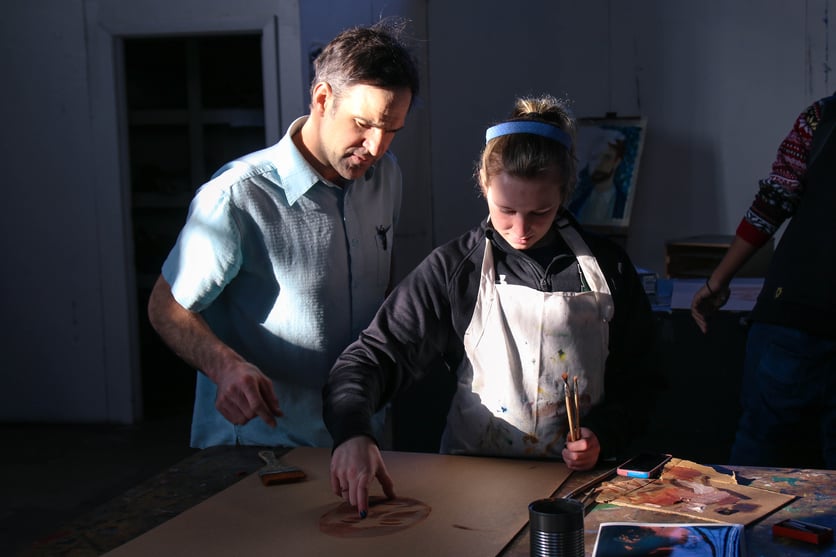
A social sexuality expert and comic storyteller, Pierce masterfully entertained and educated our community on how we can better navigate cultural, media, and peer pressures students are facing. We each left Pierce’s presentation with our minds spinning around shocking statistics on adolescent use of pornography, the hookup culture, and how technology interweaves throughout these very real issues for adolescents. Underlying each of these topics is an incredibly important theme for us to hear: students need to practice social courage in order to exhibit it when it matters most.
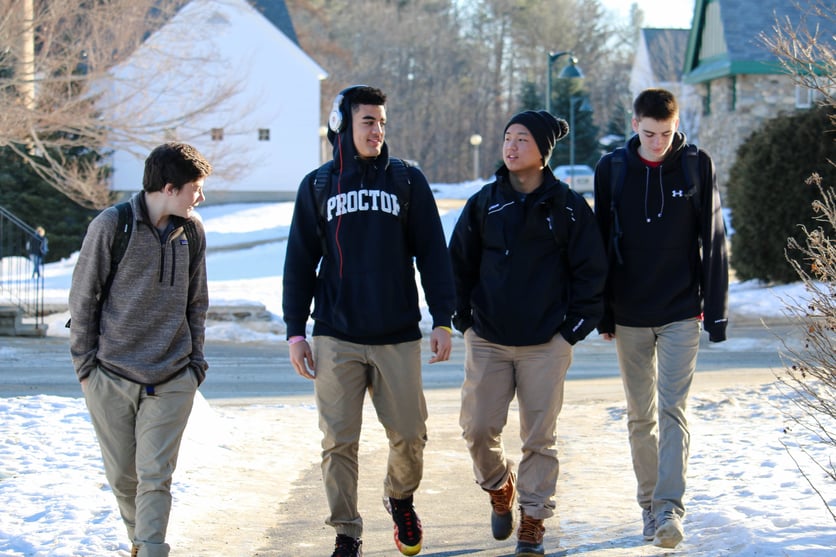
This concept of social courage is something we, as adults, struggle with just as much as our students do. We want to fit in. We want to be ‘normal’. We want to be noticed and recognized for something we did well. We wish our lives looked like that friend on social media who clearly has the perfect family and house. We rarely feel comfortable calling out our peers for inappropriate behaviors and instead are willing to be silent bystanders because, well, our colleague should know better than to do that. And to think we’ve had decades of practice developing our social courage!
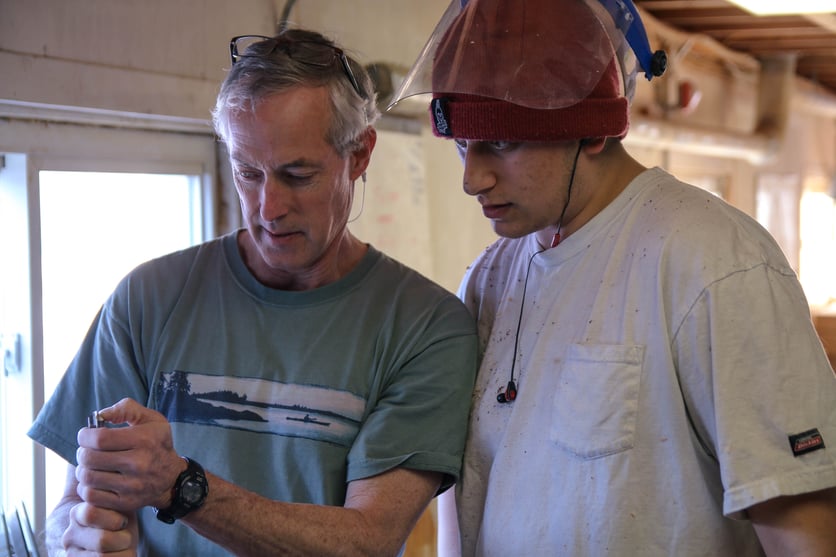
As Pierce stunned us with research from her work with college and high school students around the country, many of our reactions were to laugh at how ludicrous her stories were. Too often, when we hear stories like this, we instantly become the proverbial ostrich sticking its head in the sand. “That may happen at that school, but not here. Not with my advisee. I could never have that conversation with my advisee.”
Pierce’s presentation reiterated what we already know: we each are anchoring adults in our students’ lives. We need to get our heads out of the sand and engage our students in these conversations around sex, technology, and how to navigate life as an adolescent in the 21st century. Equally important is helping students identify friends who are true friends, friends with whom you can cry and who will hold you accountable.
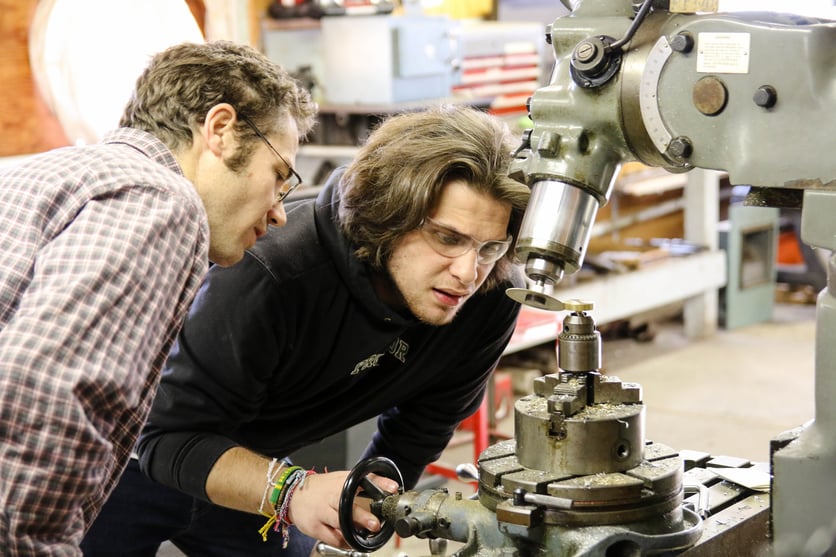
We all have a void in our lives we are constantly trying to fill. We seek to fill this void with different things, some are positive, others negative: faith, exercise, food, friends, substance, achievements. In a culture where parents (and teachers, advisors, coaches, and dorm parents) try to help students fill the void they feel in their lives with tangible things, we have to remember our role is not one of rescuer, but rather connector. Simply spending time with our students may be the most powerful impact we have on their lives. As Pierce noted, “Connecting is being emotionally available to someone. How are kids feeling ‘enough’? How can we help them feel enough through emotional connections rather than things/social media.”
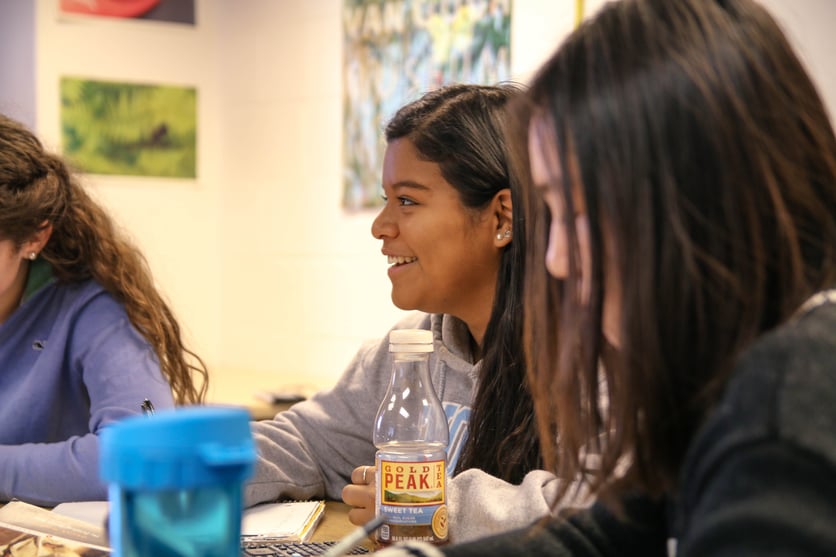
Raising adolescents in today’s culture is scary, but imagine being an adolescent in today’s culture? What type of adult would you want in your life if you were a teenager today? Be that adult. Be willing to connect. Be willing to encourage the practice of social courage in little ways. Be willing to use your own social courage and walk through that awkward soup with your adolescent.








